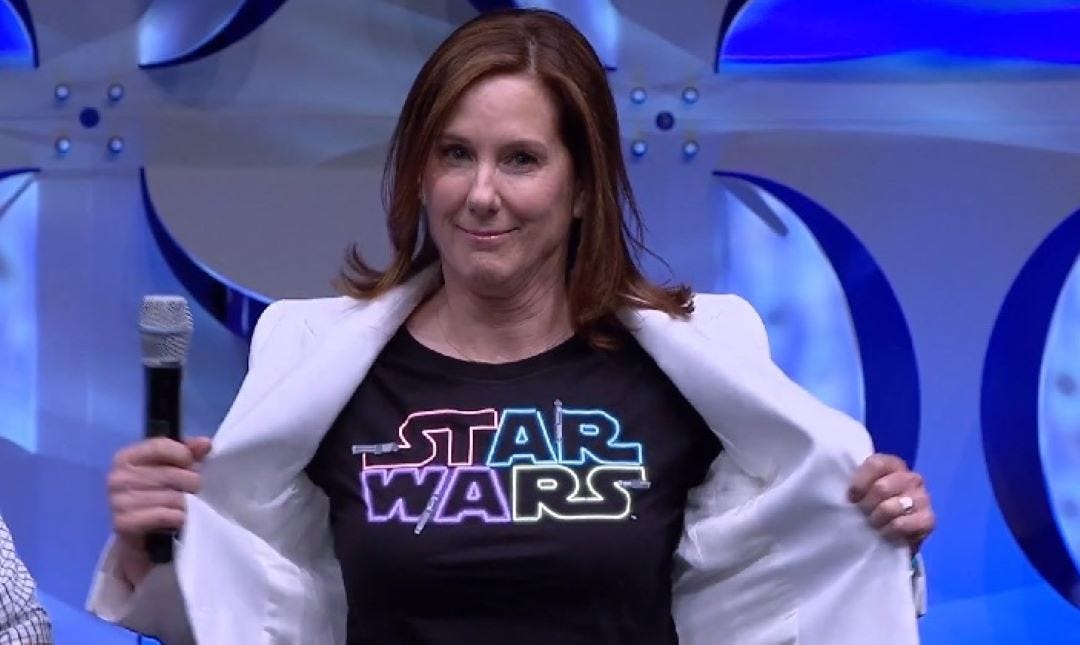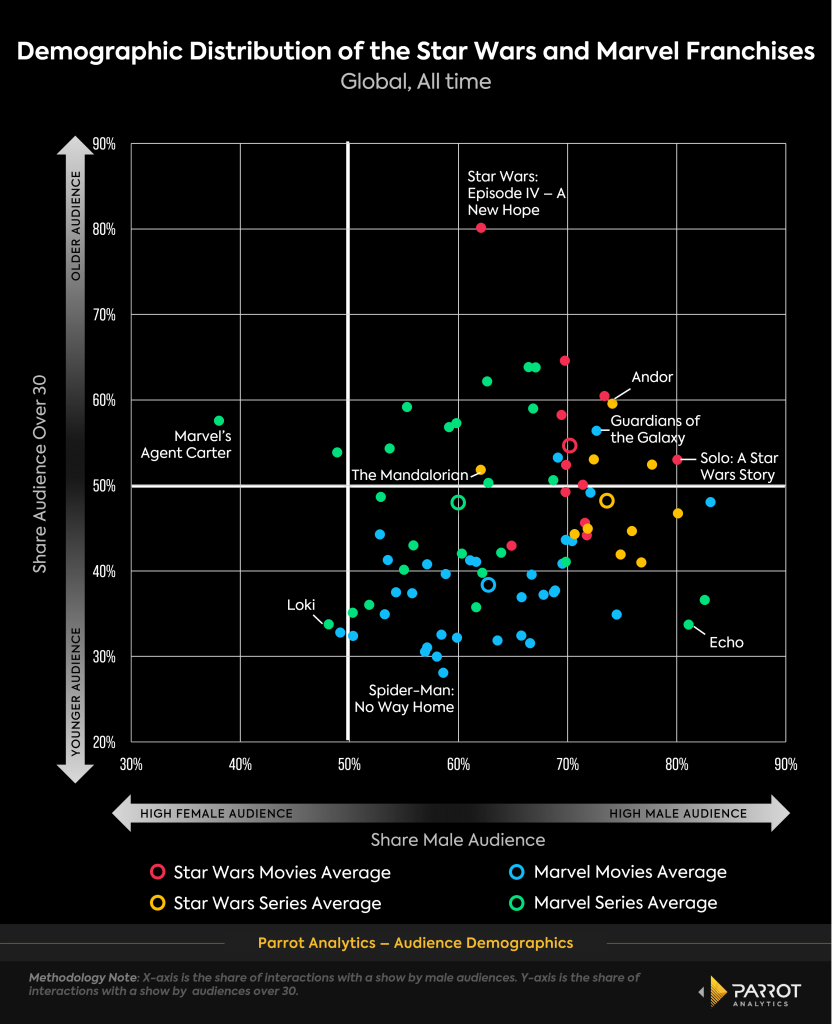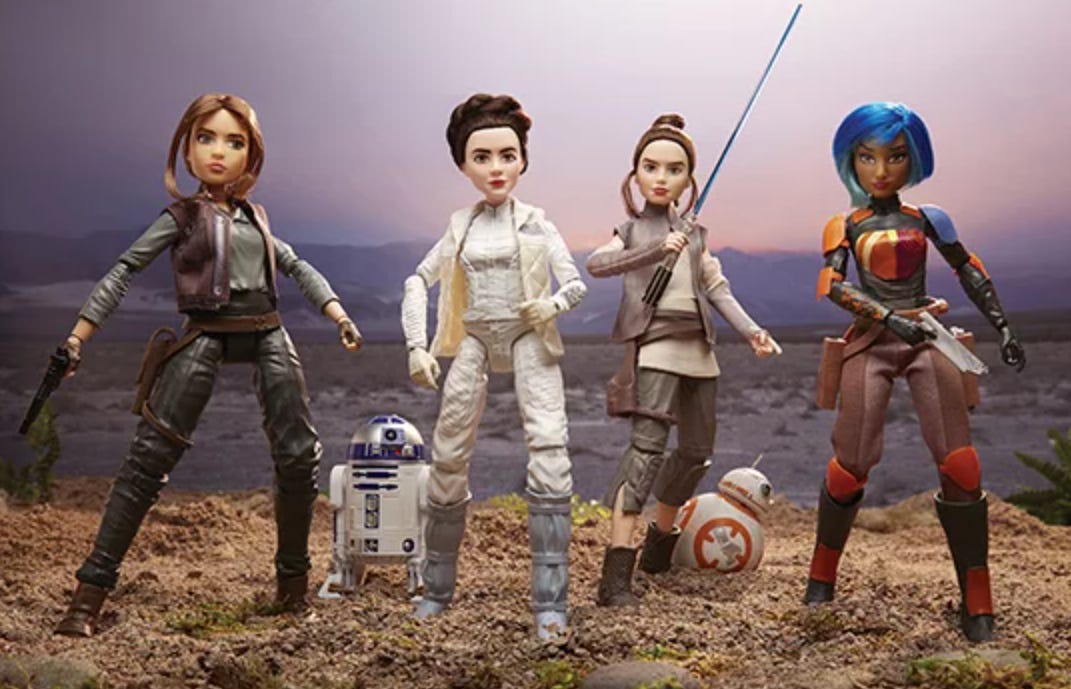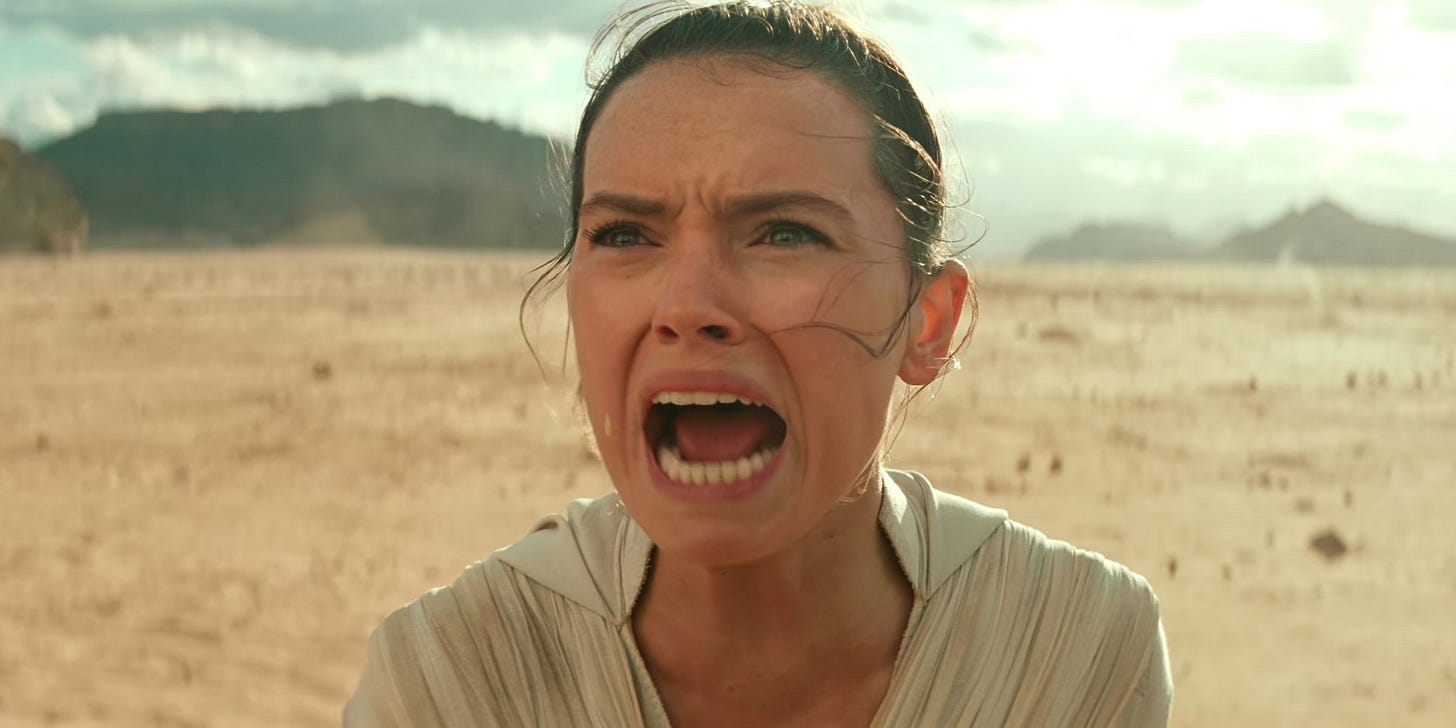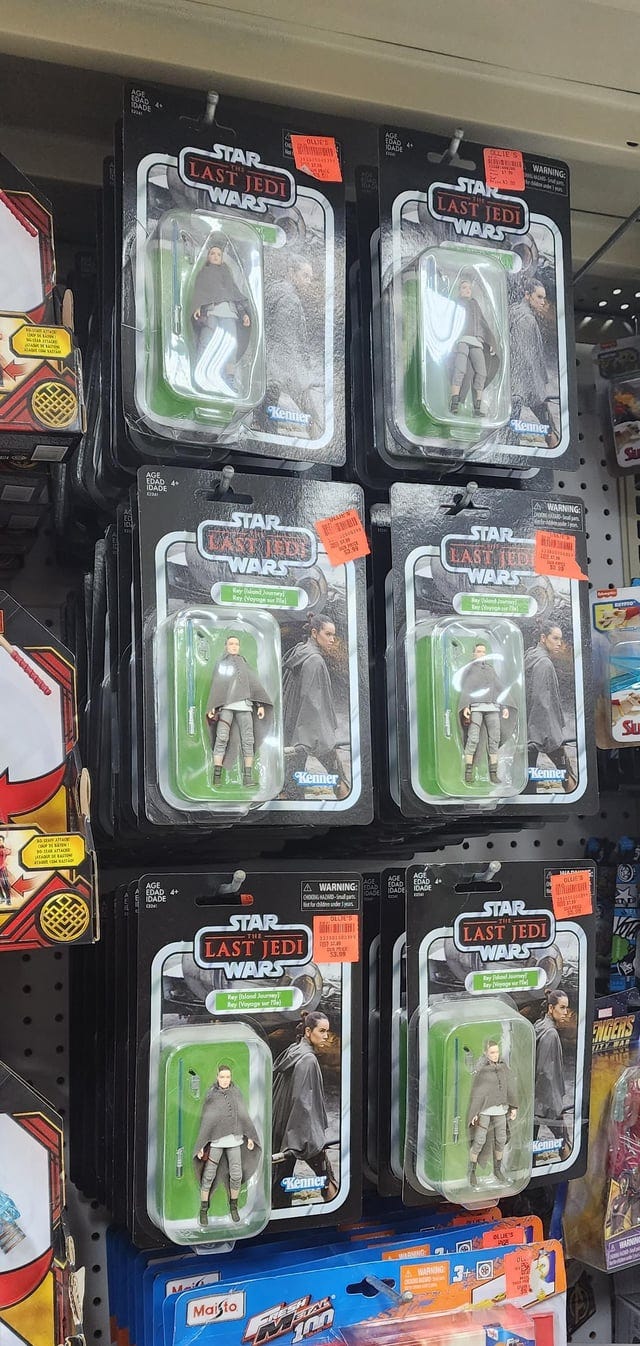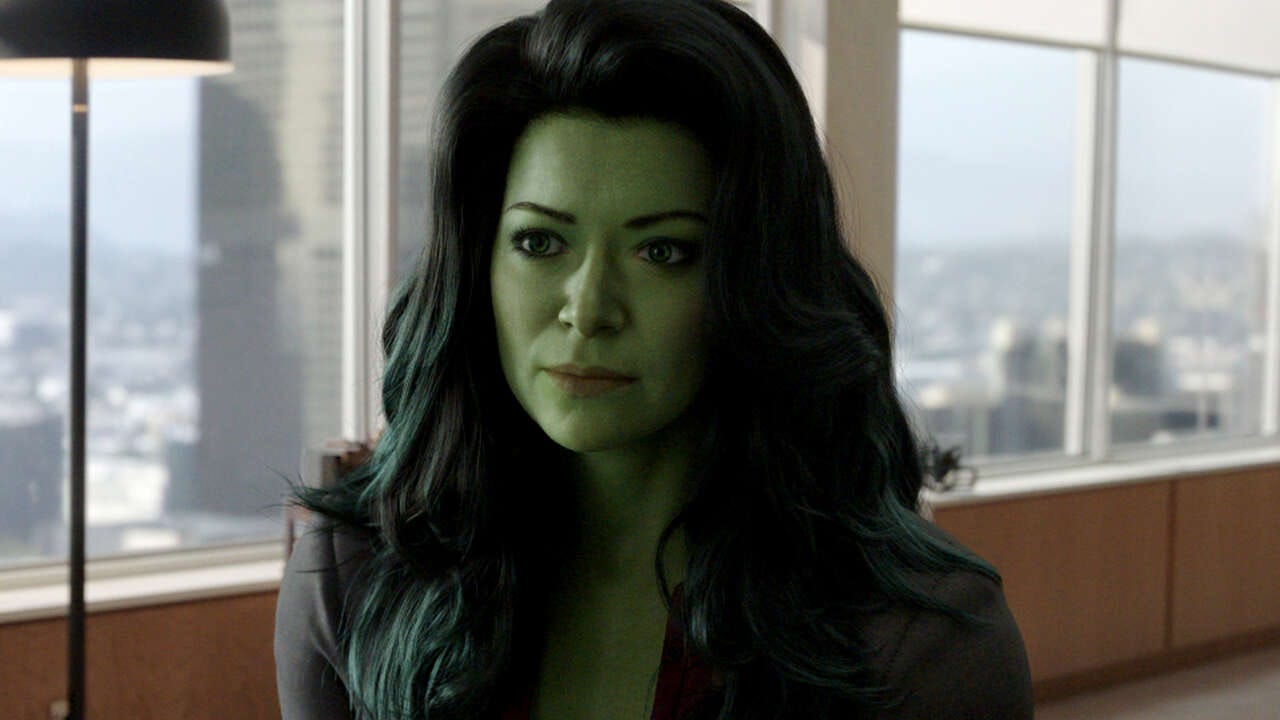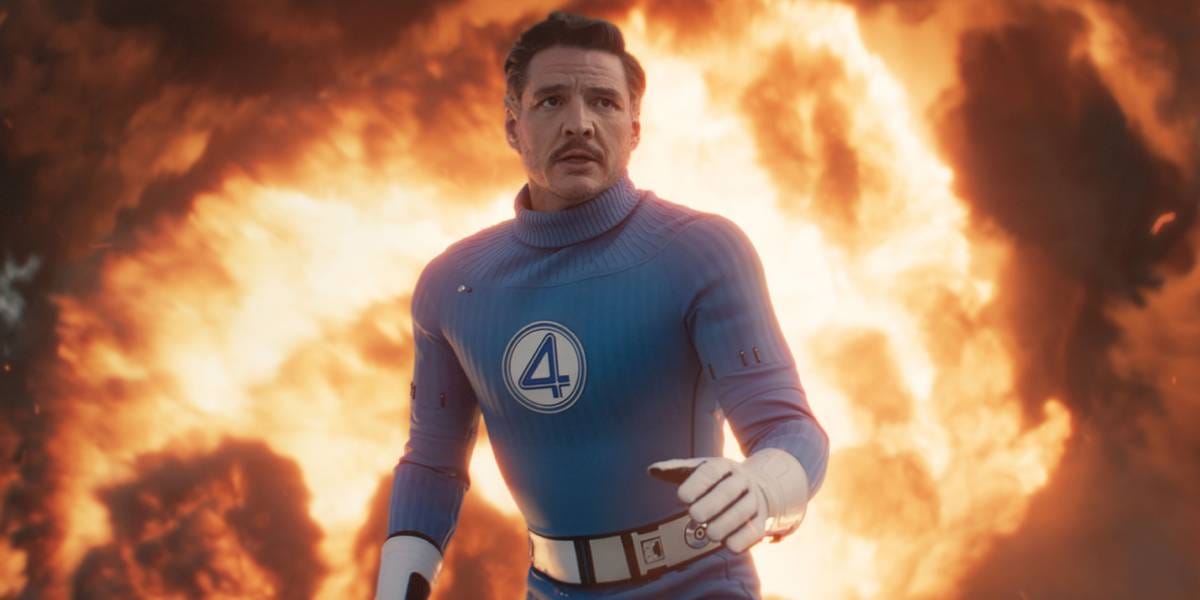Disney Chased Men Out of Marvel and Star Wars. Now They Want Them Back.
When Lucasfilm president Kathleen Kennedy wore a “The Force is Female” T-shirt at a 2018 Nike event, it sent a message that didn’t sit well with many Star Wars fans. The slogan, tied to a women’s empowerment campaign, suggested a shift that felt out of step with the saga’s loyal, mostly male audience. Marvel faced a similar storm, with its post-Endgame focus on heroines like She-Hulk and Ms. Marvel earning the nickname “M-She-U” from frustrated fans who felt male heroes were being sidelined.
Disney wanted to make Star Wars and Marvel more inclusive, but in doing so, they overlooked the heart of their audience. A 2024 Wrap report shows Star Wars fans are 65-70% male, and the MCU’s audience is 60-65% male.
By chasing broader appeal, Disney drifted from the adventure and heroism that defined these franchises, leaving many fans feeling unheard. Now, in 2025, with young male fans turning away, Disney is trying to recapture the magic with stories aimed at “guys.” But after years of disconnect, the question looms: can they rebuild trust with the fans they inherited?
Here’s the TL;DR…
“The Force is Female” Fallout: Kathleen Kennedy’s 2018 campaign signaled a female-led Star Wars, alienating its 65-70% male fanbase.
“M-She-U” Backlash: Marvel’s focus on female leads (The Marvels, She-Hulk) frustrated fans, with the MCU’s 60%+ male audience pulling back.
Audience Misstep: The Wrap’s 2024 data shows Star Wars (65-70% male) and MCU (60-65% male) depend on men, a fact Disney overlooked.
Lucas’s Vision Lost: George Lucas said Star Wars was for 12-year-old boys, a focus Disney replaced with mature, inclusive stories.
2025 Wake-Up Call: Disney’s low appeal among Gen Z men (13-28) pushes a pivot to original stories, but trust is shaky.
Lesson Learned?: Ignoring the passionate, male-leaning fans of Star Wars and Marvel has left both franchises struggling.
The Force is Male: The Fans Disney Forgot
Star Wars and Marvel have always spoken to a core group of fans, many of whom are men drawn to epic battles and relatable heroes. A 2024 Wrap report confirms Star Wars fans are 65-70% male, often older (25-44), who love lightsaber duels, starship chases, and stories like A New Hope. The MCU is similar, with 60-65% male fans cheering for everyman heroes like Iron Man or Spider-Man.
But Disney took a different path. Star Wars leaned into Rey’s story and The Acolyte’s focus on twin sisters, while Marvel spotlighted She-Hulk and The Marvels. These choices aimed to welcome new audiences but felt like a departure from the pulse-pounding adventures fans cherished. The shift left many feeling that their Star Wars and Marvel—stories that sparked their imagination—were slipping away.
Star Wars: A Galaxy Divided
Kathleen Kennedy’s leadership since 2012 brought strong female characters to Star Wars. Rey’s debut in The Force Awakens (2015) won praise, but cracks appeared with The Last Jedi (2017). Fans were upset by Luke Skywalker’s portrayal as a bitter hermit and choices like Snoke’s sudden death. Social media buzzed with disappointment: “Disney broke Luke’s legacy.”
The “The Force is Female” moment in 2018, though tied to a Nike campaign, felt like a declaration when Kennedy wore the shirt alongside Lucasfilm staff. It reinforced a perception that Star Wars was moving away from its roots. The Acolyte (2024), with its focus on sisters and Force witches, drifted further from classic Jedi action. Despite heavy streaming, it was canceled after fans criticized its story and changes to beloved lore. Piles of unsold action figures in stores like Ollie’s showed fans weren’t connecting.
Marvel’s Misstep: Heroes in the Shadows
Marvel’s story followed a similar arc. After Endgame, new projects like Captain Marvel, She-Hulk: Attorney at Law, and The Marvels put female heroes front and center. But fans felt characters like Thor and Hulk were reduced—Thor to comic relief, Hulk overshadowed by Jennifer Walters. Social media flared with frustration: “Marvel’s lost its soul,” one viral post said.
The MCU’s 60-65% male audience, per the 2024 Wrap report, wanted the bold, relatable heroes of earlier phases. Marvel exec Victoria Alonso’s 2021 call for diversity as “our strength” aimed high but missed the mark for many. Labeling critics as biased only deepened the divide, leaving fans feeling dismissed.
George Lucas’s Vision: Stories for Young Dreamers
George Lucas knew who Star Wars was for. Visiting the Solo set in 2017, he told director Ron Howard, “Don’t forget—it’s for 12-year-old boys.”
Shared in a 2025 interview, this captured Lucas’s vision: a saga inspired by Flash Gordon, full of heroism and wonder for young male fans. Disney’s choices, like The High Republic’s diverse Jedi and Force-sensitive dinosaurs, felt far from that spirit. Social media groaned: “Dinosaurs in Star Wars? This isn’t for us.” Solo struggled too, hurt by fan frustration with The Last Jedi.
Disney’s 2025 Crisis: Losing the Next Generation
A 2025 Variety report laid bare Disney’s problem: Star Wars and Marvel are losing Gen Z men (13-28). With no Star Wars films since 2019 and Marvel projects like The Marvels underperforming, the brands are fading. Indiana Jones and the Dial of Destiny (2023) and Fantastic Four: First Steps (2025) saw male audiences dwindle.
Disney’s leaders, like Bob Iger, are now chasing original stories—think treasure hunts or spooky adventures—to recapture the spark of Pirates of the Caribbean. Iger said in a 2025 earnings call, “We need great movies that speak to everyone.” A big Fortnite investment hopes to draw gamers with Star Wars and Marvel tie-ins, but fans aren’t convinced: “Disney let us down,” social media echoes. The 2021 firing of Gina Carano from The Mandalorian over posts, settled in 2025, added fuel to fan distrust, with some boycotting the brand.
Can Disney Reconnect with Its Fans?
When Disney acquired Star Wars and Marvel, they inherited passionate fans—65-70% male for Star Wars, 60-65% for the MCU—who loved epic, heroic tales. Lucas built Star Wars for the wonder of young boys; Marvel thrived on characters anyone could root for. By shifting to inclusive, mature stories, Disney lost sight of those fans without fully winning new ones.
Struggling projects and unsold toys show the cost of that disconnect. Disney’s pivot to male-friendly stories is a step, but trust is fragile. To win back fans, they must honor the heart of these franchises—the stories that lit up imaginations. Can Disney rediscover that magic?
Sources
TheForce.net: The Truth About "The Force is Female"
Medium: Marvel, Misogyny and the “M-She-U”
Quora: Why Are People Calling MCU Phase 4 'M-She-U'?
MSN: George Lucas Gave Ron Howard One Piece of 'Solo' Advice
GamesRadar: Solo Director Ron Howard Shares George Lucas Advice
ScreenRant: A Disturbance In The Force: Kathleen Kennedy's Lucasfilm
Variety: Disney’s Boy Trouble: Studio Seeks Original IP to Win Back Gen-Z Men
Forbes: The Acolyte Cancellation Reasons
Jedi News: Hasbro Q3 2024 Earnings
The Wrap: Star Wars vs. Marvel Audience Demographics
Compiled and edited by Ivy Adams for Pirates & Princesses.


